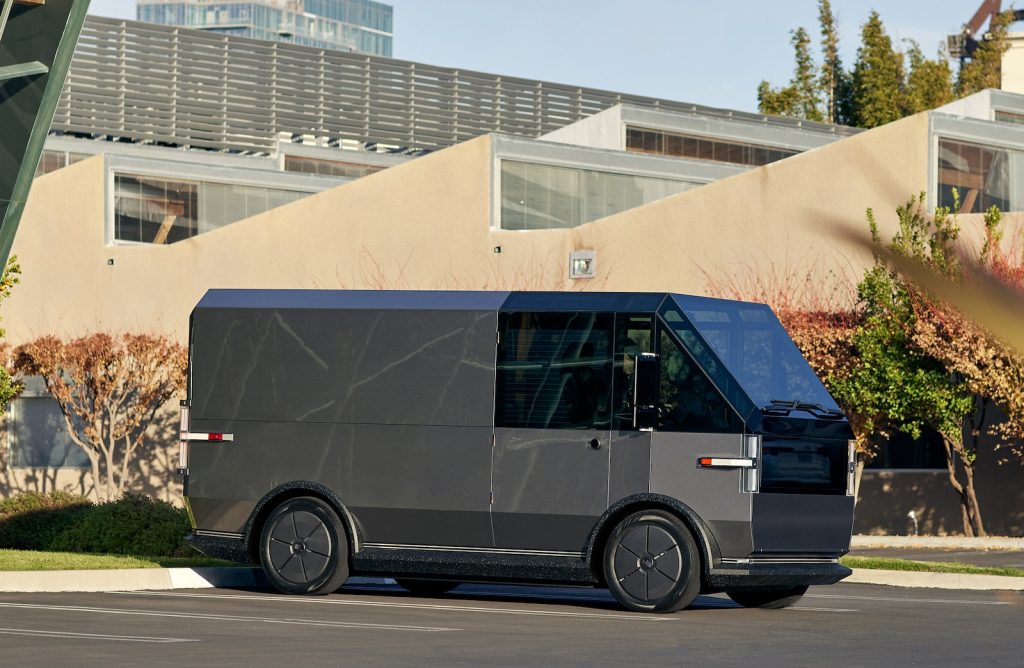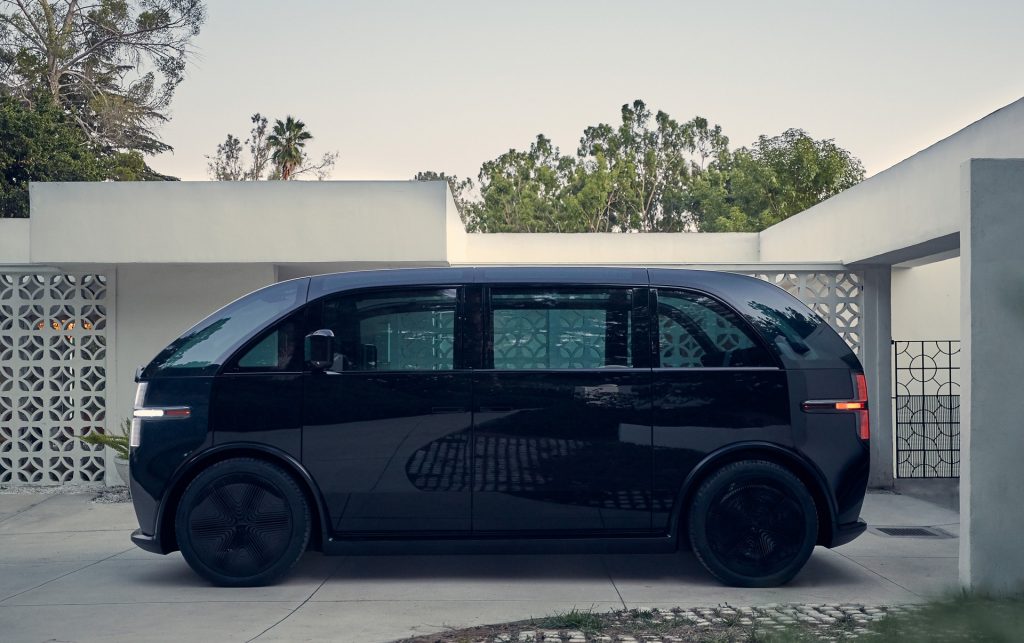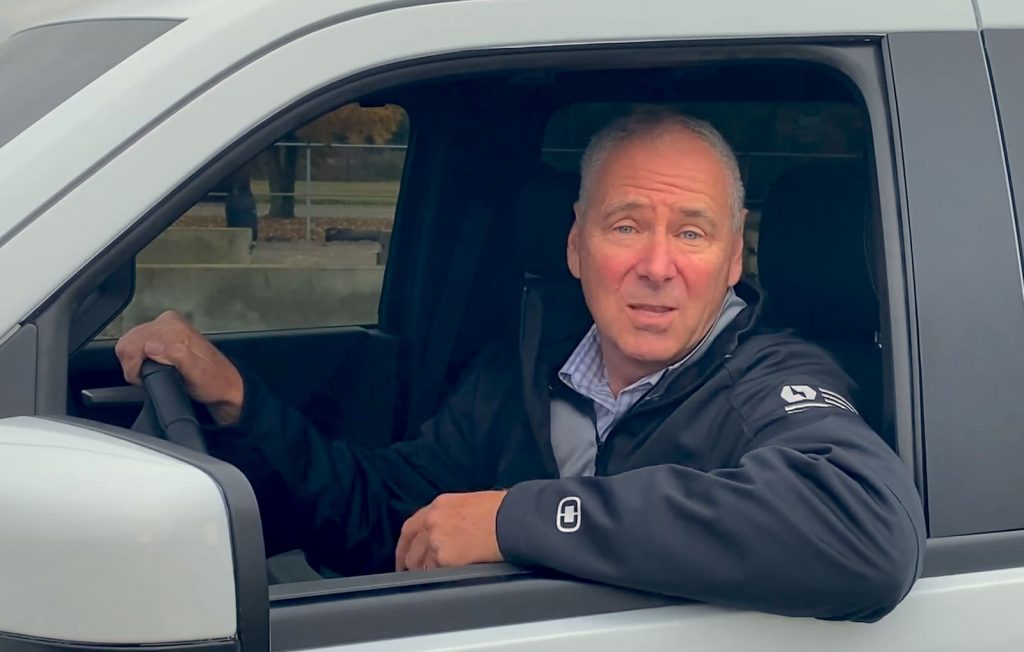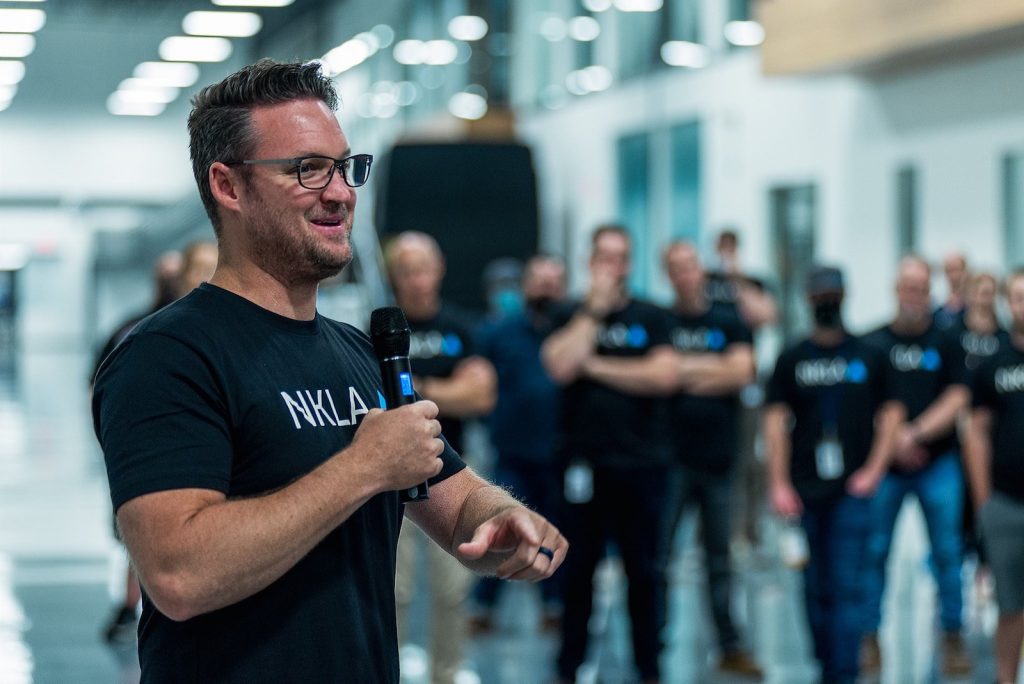Well, that didn’t last long.
Less than a day after electric vehicle startup Canoo Inc. announced plans to take deposits for future vehicles, it was revealed the company is being investigated by the U.S. Securities and Exchange Commission (SEC).

This investigation, which was reported by tech website TechCrunch, comes only a few months after Canoo conducted a reverse merger with special purpose acquisition company Hennessy Capital Acquisition Corp. to go public.
According to TechCrunch, Canoo learned of the SEC investigation on April 29, 2021. It described the probe by the agency as a “fact-finding inquiry.”
Moving forward despite the query
Despite the ongoing investigation, Canoo forged ahead with its plans to begin taking deposits on vehicles. It offered reservations for its three EVs scheduled to come out in the next couple of years.
“The SEC has also informed the Company that the investigation does not mean that it has concluded that anyone has violated the law,” the company said in a regulatory filing.
“(It) does not mean that it has a negative opinion of any person, entity or security. We intend to provide the requested information and cooperate fully with the SEC investigation.”
Company officials also stated that it does not consider the investigation or other lawsuits it is facing to be material to its business.

Quarterly earnings report
The company also released its first quarter 2021 financial results. It reported a loss of $15.2 million for the first three months of the year.
That is compared to a GAAP Net loss and comprehensive loss of $30.9 million for the first quarter. The GAAP Net loss and comprehensive loss for the three months ended March 31, 2021 included a $(83.6) million gain on fair value change of earnout right liability.
CEO Aquila said he was pleased with the results and that Canoo has been able to price its EVs in line with its mission to “bring EVs to everyone.”
“We are in the gamma phase — which is critical to deliver the highest safety standards, reduce the chance of costly recalls and increase customer satisfaction — all of which will enhance our long-term return on capital,” Aquila said in a release.
“Lastly, in order to expand our technological lead, we entered into our first research partnership with UW-Madison to catalyze our groundbreaking advances in electric vehicles and accelerate our innovation and IP development.”
Other EV startups faced legal troubles

Canoo’s SEC troubles hardly make the startup unique.
In March, Lordstown Motors revealed it was cooperating with SEC regulators following a short-seller’s report that accused the electric-vehicle startup of misleading investors by overstating its order volume.
The company’s board of directors has also appointed an internal committee to review the short-seller’s claims, Burns said, adding that the company would not be able to share any more information until the group completes its audit.
Lordstown’s founder and CEO Steve Burns denied the claims. However, the company’s suffered a variety of setbacks since then. The company was already dealing with an embarrassing incident where one of its early prototypes went up in flames. This was followed by the company’s much-ballyhooed entry into the San Felipe 250, where its truck made it 40 miles before being pulled from the race.
The company is also being sued by a group of angry shareholders demanding compensation from the company based on the allegations about its vehicle pre-orders.
Nikola fiasco

In September 2020, short-selling investment firm Hindenburg Research accused the electric truck startup Nikola of lying for years about its products and its deals with other companies.
Its report came at the same time Hindenburg shorted a position of undisclosed size betting against Nikola’s stock price. The report was published on Sept. 10, just days after the electric vehicle company announced a $2 billion deal with General Motors that sent its market value soaring more than 40 percent.
Specifically, Hindenburg Research accused founder Trevor Milton, who served as executive chairman, of being the mastermind behind a string of deceptive statements at his former ventures well before he founded Nikola.
On Sept. 20, Milton resigned from the company. That was the day after receiving the grand jury subpoena from the U.S. Attorney’s Southern District.
The supposed inaccurate statements ranged from owning rights to natural gas wells to the company’s ability to produce hydrogen, among other misstatements. Milton’s claims that the Nikola One prototype semitruck was fully functional was among the many misstatements, which the company previously admitted.Nikola is paying $8.1 million in attorney fees for Milton per the company’s indemnification agreement with him, according to the filing.






